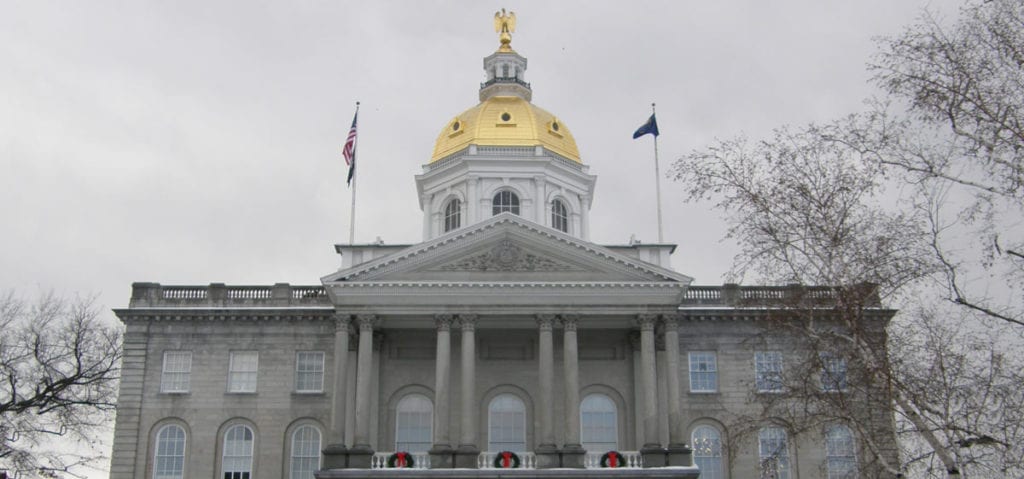The New Hampshire commission studying cannabis legalization has released its final report on a potential structure for future legislation, according to a New Hampshire Public Radio report.
The report totals 264 pages and takes no position on whether or not the state should legalize adult-use cannabis. Instead, the commission was tasked with making recommendations about the possible structure of such a program. Some discussion about the report was made public earlier this year. Ultimately, the decision will be left to lawmakers and possibly voters.
The commission studied the eight states that currently have legalized cannabis. Based on that research, they recommended limiting possession to one ounce for adults 21 and over and up to 5 grams of concentrate. The commission recommended banning public consumption of any kind, including cannabis lounges. The commission also recommended an opt-in structure for towns and cities, allowing unenthusiastic municipalities to avoid the industry.
The upper end of potential tax revenue for the state was estimated at an annual $58 million; the lower end was pegged at $15.2 million.
The report also recommends allowing a path for the state’s existing non-profit therapeutic cannabis centers to become for-profit adult-use dispensaries, as well as upgrading the number of plants allowed for home-grow from six to 12.
The commission recommended allowing internet sales, though said it would be necessary to ensure all customers were 21 and over.
Some issues with legalization were pointed out by the commission, specifically: a lack of accuracy for roadside intoxication tests and conflicts with OSGHA in regards to workplace safety.
The state recommended spending up to $5 million on education for safe use and the dangers of addiction.
Two different taxation structures were explored — a per-ounce excise tax at the cultivation level or a retail sales tax of 7 to 15 percent. The New Hampshire market was estimated, based on New York’s recent methodology, at somewhere between $218 million and $385 million.
Legislators will have to decide whether to act on the recommendations in the coming session.
Get daily cannabis business news updates. Subscribe
End
